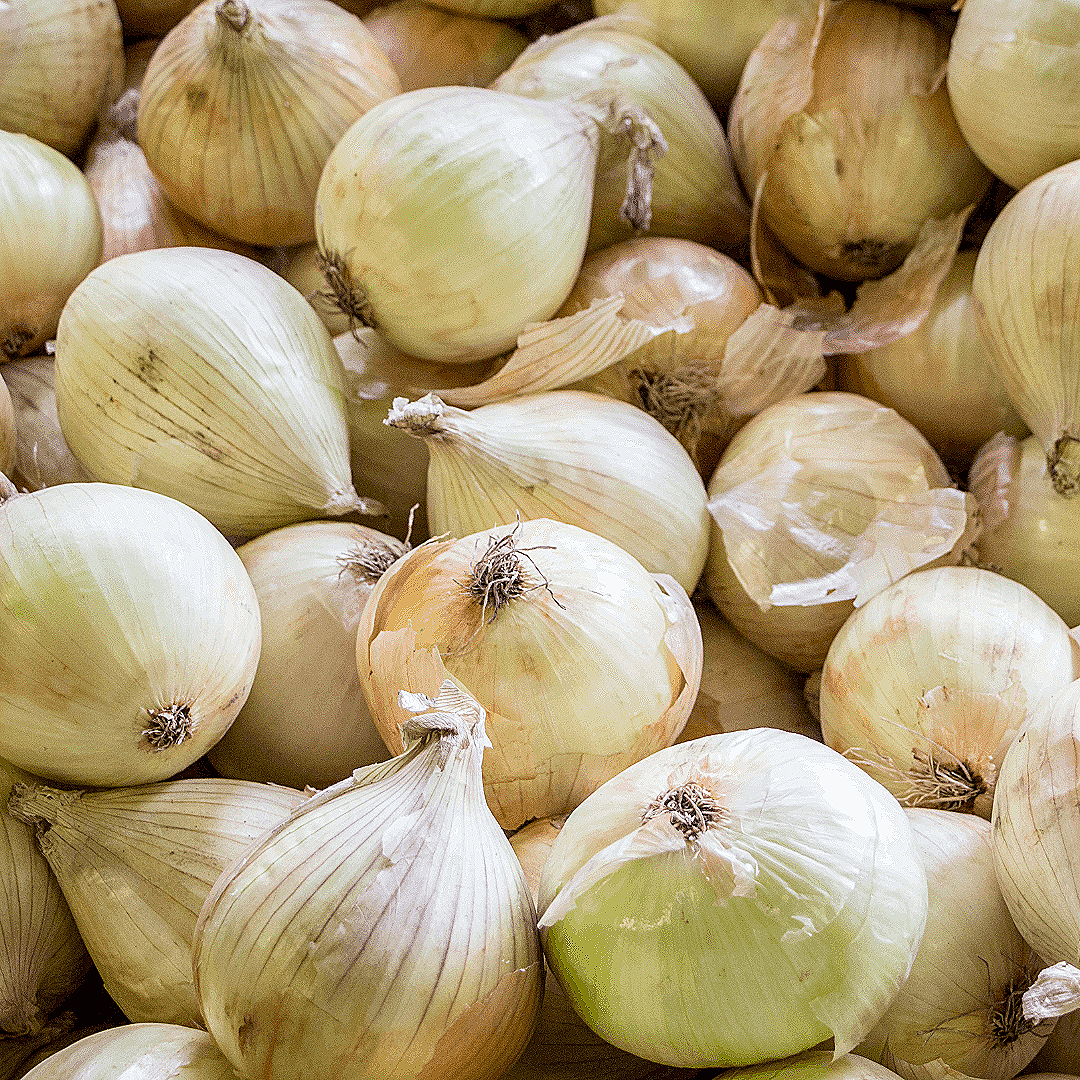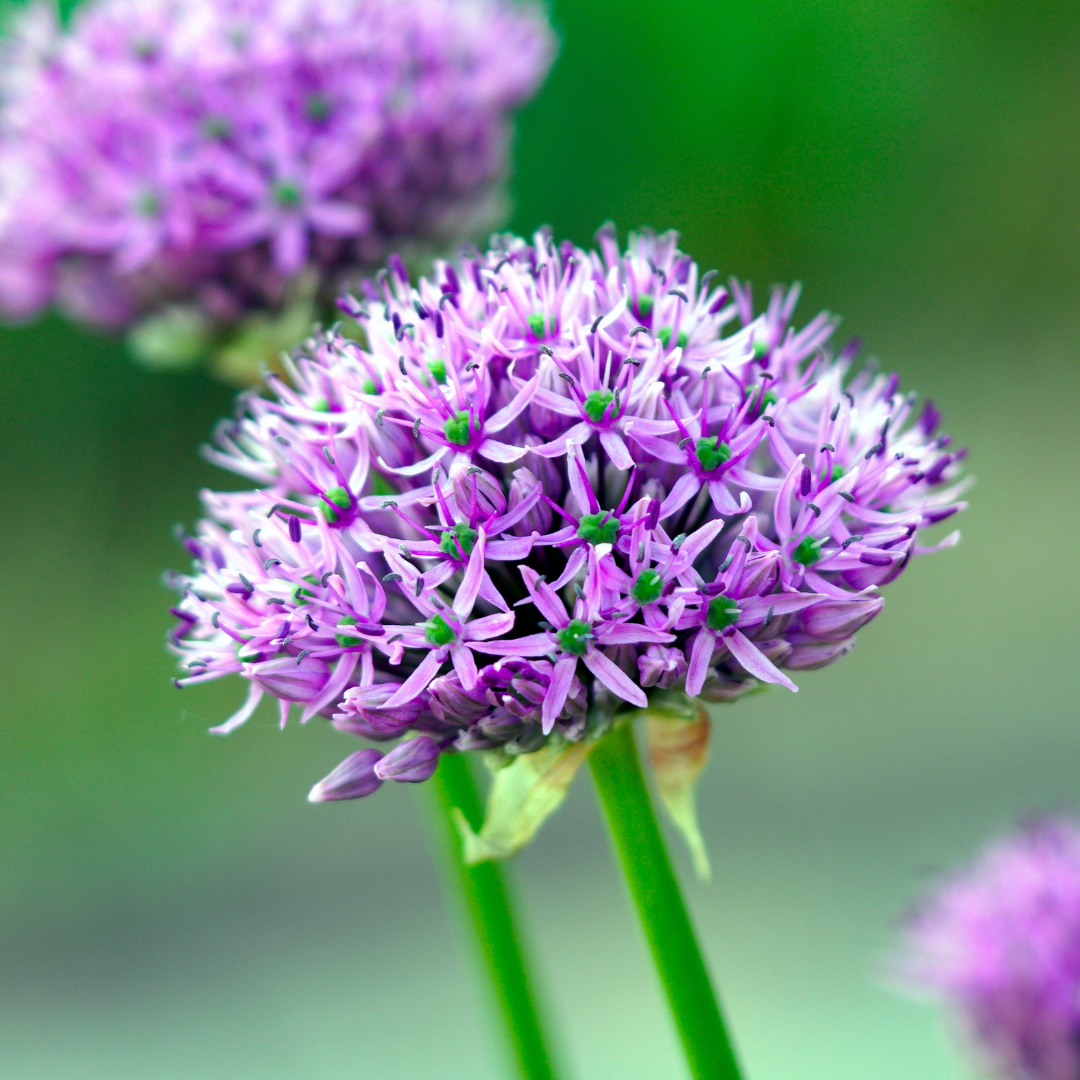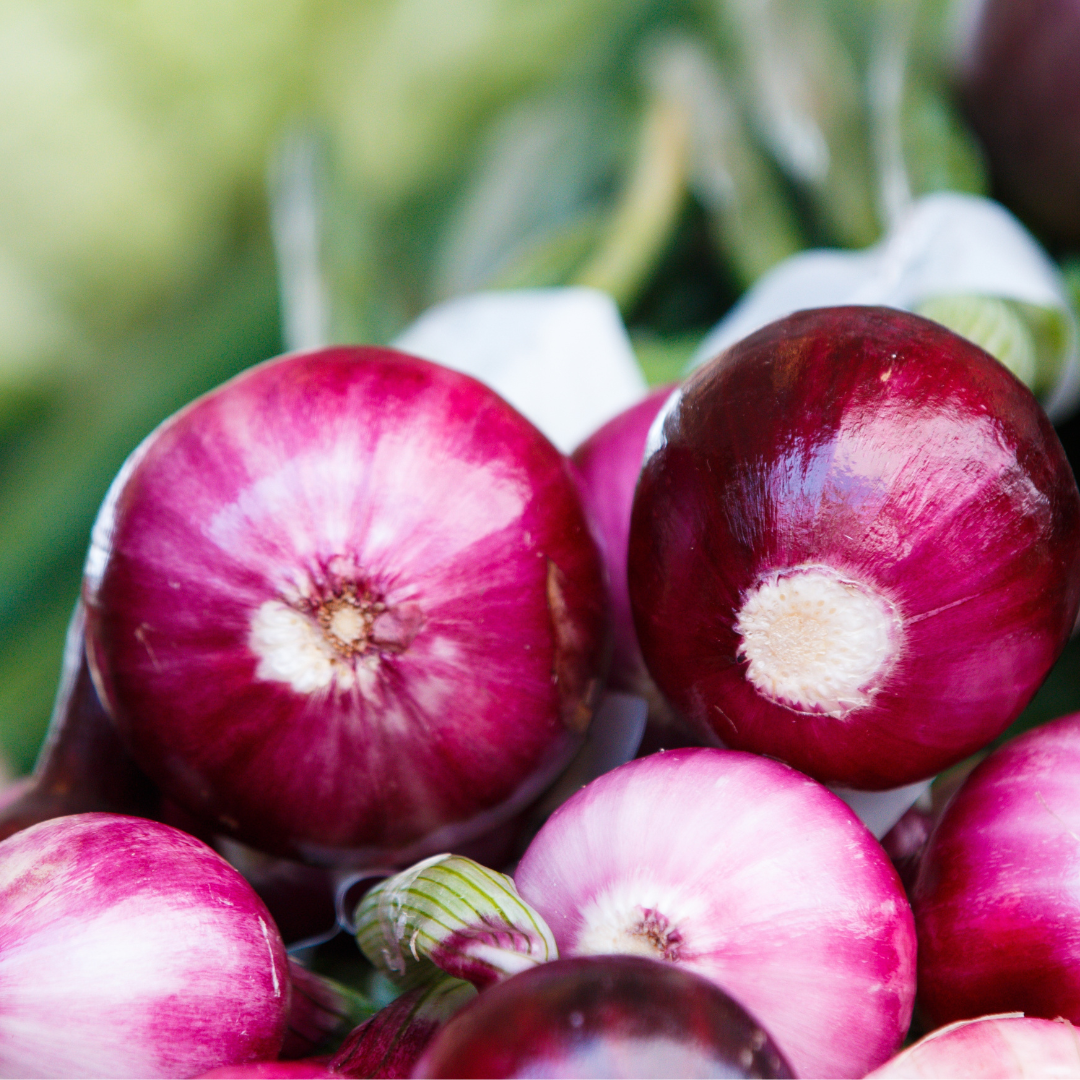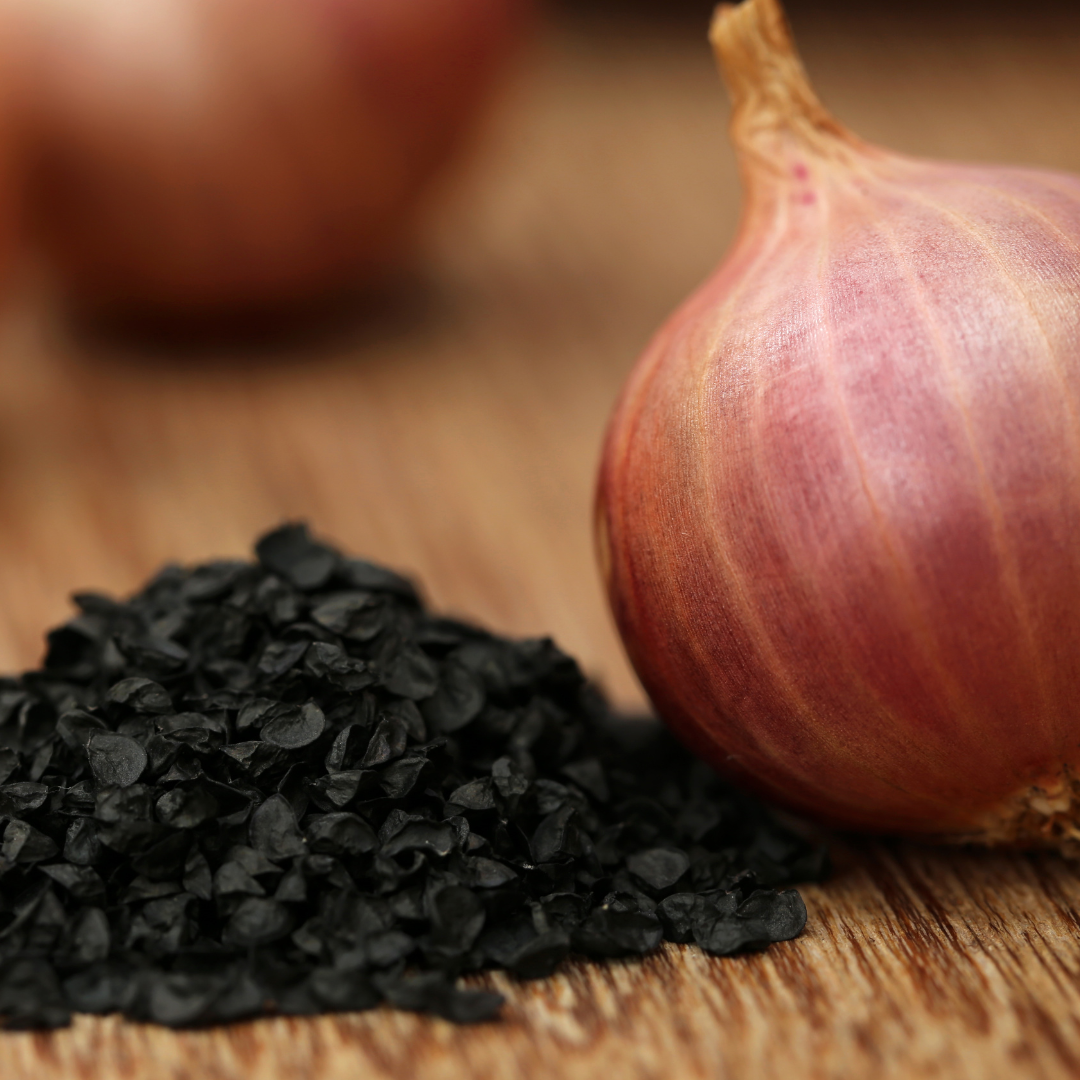Onions are a widely cultivated vegetable all around the world, used in cooking for their distinctive flavor and nutritional benefits. Onion plants belong to the Allium family, which also includes garlic, leeks, and chives. However, onions differ in their growth requirements based on the variety and the hours of daylight they need to grow properly. In this article, we will explore what are short-day onions and how they differ from long-day varieties. We will also discuss the benefits of planting short-day onions and some of the most popular short-day onion varieties.
Understanding Short-Day and Long-Day Onions
Onion plants are categorized into two groups based on the hours of daylight they need to grow properly. These groups are known as short-day onions and long-day onions.
- Short-Day Onions: Short-day onion varieties require around 12 hours of daylight to form bulbs, which typically occur during the fall and winter months.
- Long-Day Onions: Long-day onion varieties require around 14-16 hours of daylight to form bulbs, which typically occur during the spring and summer months.
The hours of daylight required for proper onion growth vary depending on the onion variety and the location where they are planted.
Onion Seed Assortment | 8 Variety Pack

$15.95
Complete Onion Seeds Collection: 8 Non-Hybrid, Heirloom, Non-GMO Seed Varieties Introducing our 8 Onion Seeds Variety Pack – the perfect collection for home gardeners, chefs, and onion enthusiasts looking to grow a diverse range of flavorful onions! Each variety in… read more
Benefits of Planting Short-Day Onions
Planting short-day onions has several benefits, including:
- Early Harvest: Short-day onions are usually ready for harvest earlier than long-day onions, making them a great choice for gardeners who want to get an early start on the growing season.
- Suitable for Most Regions: Short-day onions are ideal for planting in areas with mild winters and early springs, as they require fewer hours of daylight to form bulbs.
- Less Susceptible to Bolting: Short-day onions are less likely to bolt, which means they are less likely to prematurely send up a flower stalk and reduce the size and quality of the bulb.
Popular Short-Day Onion Varieties
Some of the most popular short-day onion varieties include:
- Red Creole: This onion variety is known for its red skin and spicy flavor. It is a popular choice for southern gardeners and is often used in Cajun and Creole dishes.
- Walla Walla: This sweet onion variety is grown in the Pacific Northwest and is known for its large size and mild flavor. It is a popular choice for salads and sandwiches.
- Vidalia: This sweet onion variety is grown in Georgia and is known for its mild, sweet flavor. It is a popular choice for grilling and roasting.
Planting Short-Day Onions
If you want to plant short-day onions, here are some tips to help you get started:
- Choose a location with well-draining soil and plenty of sunlight.
- Plant onion seeds or sets in the early spring or late summer, depending on your location and the variety of onions.
- Plant short-day onion sets 1-2 inches deep and 4-6 inches apart.
- Water the onion plants regularly and fertilize them with a balanced fertilizer.
- Harvest the onions when the tops start to dry out and fall over.
Conclusion
Short-day onions are an excellent choice for gardeners looking for an early harvest or for those living in regions with mild winters and early springs. These onions require fewer hours of daylight to form bulbs and are less susceptible to bolting. By understanding the differences between short-day and long-day onions, you can choose the right variety for your garden and enjoy a bountiful harvest of delicious onions.
FURTHER READING --->>> How to Grow Onions From Seeds
Tokyo Long White Bunching Onion Seeds

$2.49
Tokyo Long White Bunching Onion Seeds – Heirloom, Non-GMO, Green Onion Variety Discover the exceptional Tokyo Long White Bunching Onion seeds, also known as green onion seeds, perfect for adding fresh flavor to your garden and kitchen. These heirloom, non-GMO, non-hybrid,… read more
Short Day Onion FAQs
Q: What are short-day onions?
A: Short-day onions are onion varieties that require around 12 hours of daylight to form bulbs. They are typically planted in the fall or winter and are ready for harvest earlier than long-day onions.
Q: What is the difference between short-day onions and long-day onions?
A: Short-day onions require around 12 hours of daylight to form bulbs, while long-day onions require around 14-16 hours of daylight. Long-day onions are typically planted in the spring or summer.
Q: What are the benefits of planting short-day onions?
A: Some benefits of planting short-day onions include early harvest, suitability for most regions, and less susceptibility to bolting.
Q: What are some popular short-day onion varieties?
A: Some popular short-day onion varieties include Red Creole, Walla Walla, and Vidalia.
Q: How do I plant short-day onions?
A: To plant short-day onions, choose a location with well-draining soil and plenty of sunlight, plant onion seeds or sets in the early spring or late summer, water the onion plants regularly and fertilize them with a balanced fertilizer, and harvest the onions when the tops start to dry out and fall over.
Q: How do I know if I should plant short-day onions or long-day onions?
A: The onion variety you should plant depends on your location and the time of year you are planting. If you live in an area with mild winters and early springs, short-day onions may be a better choice. If you live in an area with hot summers, long-day onions may be a better choice.
Q: How can I prevent my short-day onions from bolting?
A: To prevent short-day onions from bolting, make sure they are planted in the right season and that they are getting enough water and nutrients. It's also important to choose the right variety of onions for your region.







